Podcast: Play in new window | Download (Duration: 40:03 — 27.5MB) | Embed
Subscribe: Apple Podcasts | Spotify | Amazon Music | Android | Pandora | iHeartRadio | JioSaavn | Podchaser | Gaana | Podcast Index | Email | TuneIn | Deezer | Anghami | RSS | More
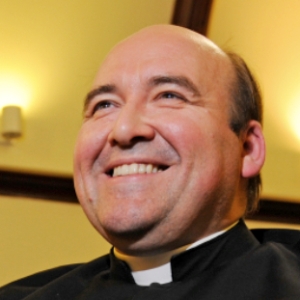 “His Angels at Our Side: Understanding Their Power in Our Souls and the World” by Fr. John Horgan is a very special work that gives us all a beautiful glimpse of the invisible messengers of God. My conversation about the Holy Angels with Fr. Horgan was pure joy! This is a phenomenal work and one that will be sure to become a classic on the subject! Don’t miss.
“His Angels at Our Side: Understanding Their Power in Our Souls and the World” by Fr. John Horgan is a very special work that gives us all a beautiful glimpse of the invisible messengers of God. My conversation about the Holy Angels with Fr. Horgan was pure joy! This is a phenomenal work and one that will be sure to become a classic on the subject! Don’t miss.
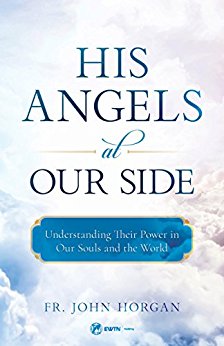 You can find the book here
You can find the book here
From the book description:
Meet the mighty spirits sent by God to enlighten and guide us, defend us from harm, and lead us on the path to eternal life. Learn how angels are invisibly present at every moment of your life, and how they can pray with you and for you, amplifying your praise by reflecting it directly to God face-to-face.
Angels do not form a separate universe they are an integral part of our own world sent forth for the sake of our salvation. They are pure spirits who communicate to us God’s grace, His goodness, and His truth.
In these pages, Fr. Horgan unveils the surprising role of the angels in our lives and what you must do to gain their help. You’ll learn how to imitate the angels in prayer and how they offer you the enlightenment and the encouragement God so desperately wants to give you. By praying with the angels, you will be strengthened for what lies ahead, better able to discern and do the Lord’s will in all your actions. You ll also learn:
- Why the Church teaches that the angels were created at the time of creation
- The responsibilities of the angels at every Mass
- The key difference between spirits and angels
- Seven habits you must develop to grow closer to God through His angels
- The difference between Archangel Gabriel’s apparitions to Mary and Zechariah
- How St. Joseph can expose you to the inspirations of the angels
- The difference in the way humans and angels think
- How you can imitate the warrior nature of the angels
- The three ways you must respond to your angel’s guardianship
- The five roles that every angel takes in their service for the Lord
- The surprising ways in which angelic warfare is carried out


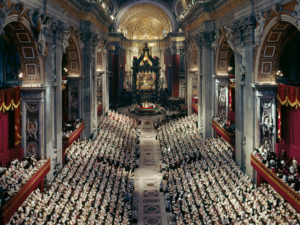
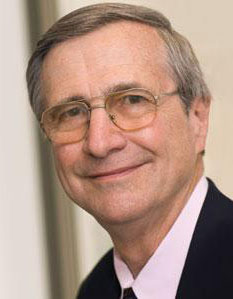
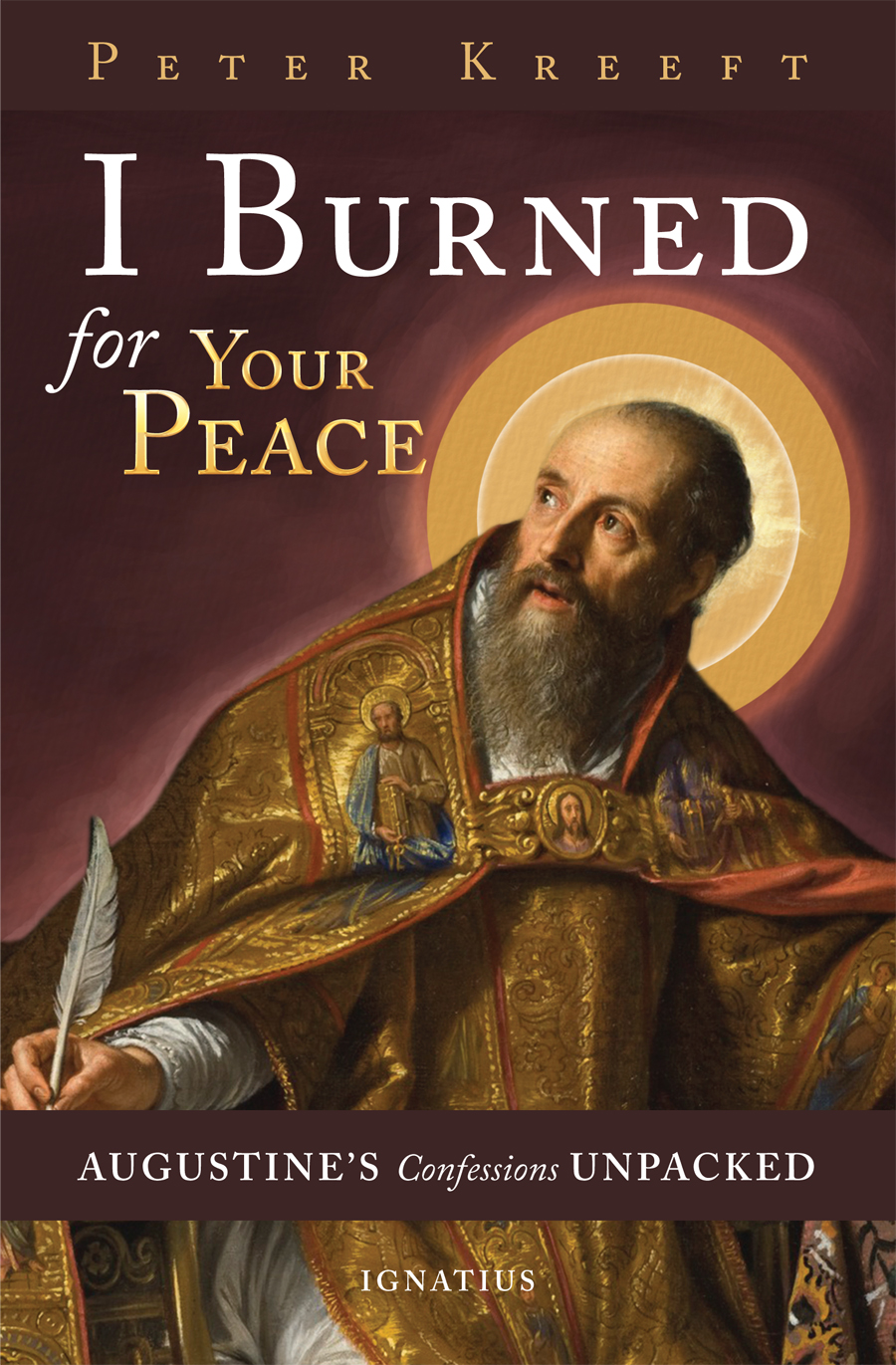

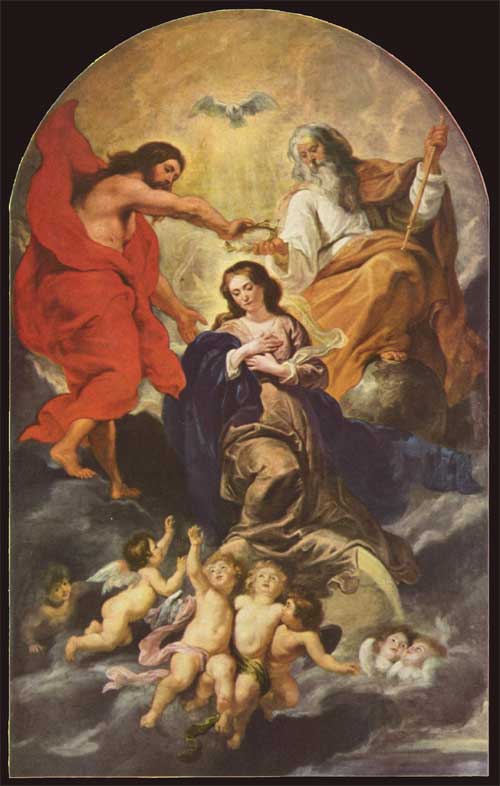
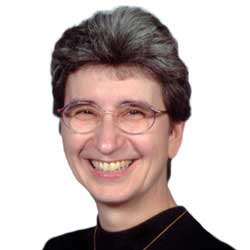
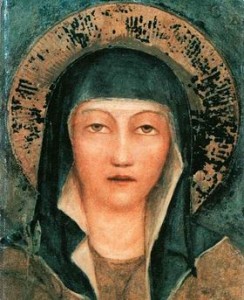

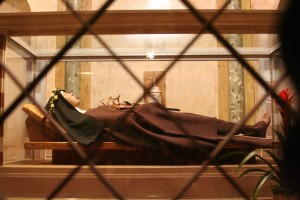
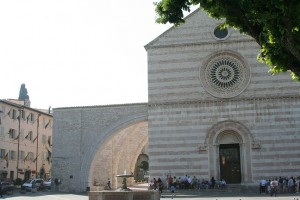
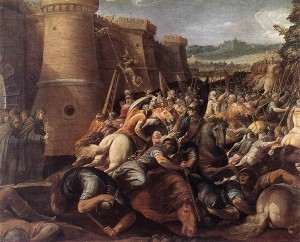
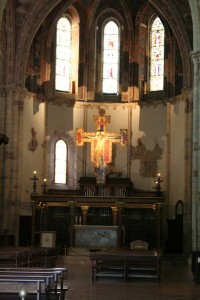

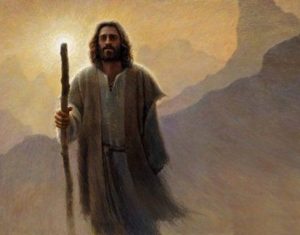
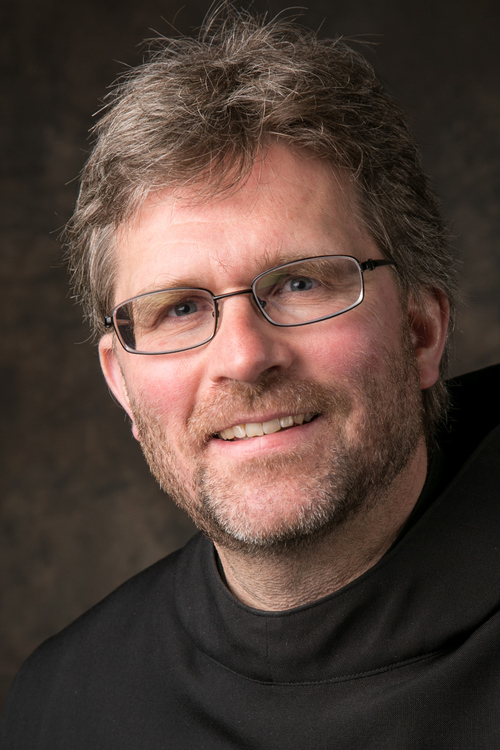
 From the
From the 